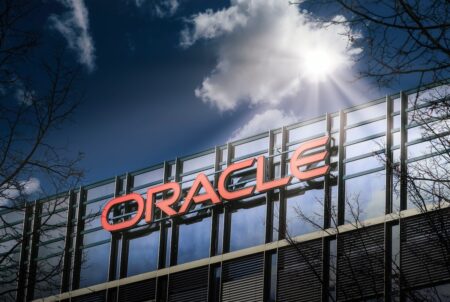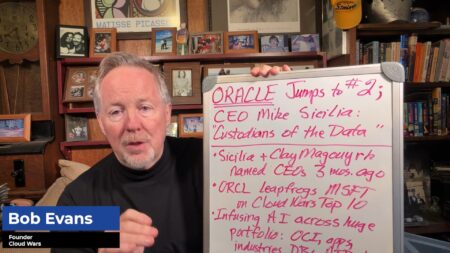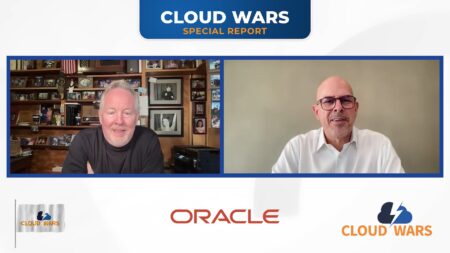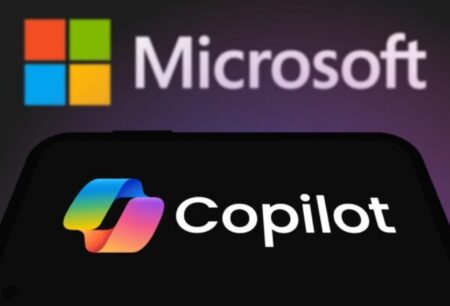
Community Summit North America 2025 kicks off today, bringing together thousands of Microsoft business applications users, partners, and experts for the largest independent gathering of its kind. The event is known for its deep focus on Dynamics 365 and Power Platform.
This year, Cloud Wars coverage will focus on AI and Copilot technology. On Day One, standout sessions centered on how these tools are being put into practice — from building intelligent agents, to unlocking new insights from data, to exploring strategies that help organizations scale AI responsibly. Across the afternoon sessions, the conversations all point in the same direction: AI is no longer an abstract promise, but a practical driver of transformation across industries.
Ask the Experts
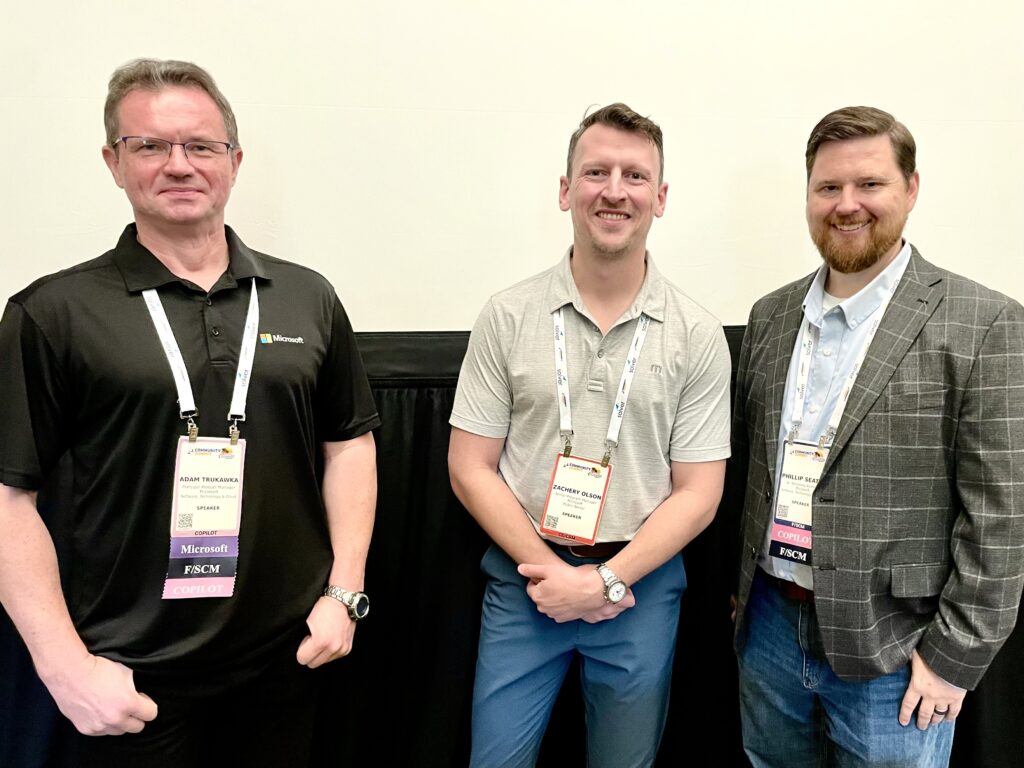
While many Dynamics users have embraced AI and Copilot, there are still numerous questions regarding the best ways to implement these transformational technologies. To address some of these questions, Zach Olson, Senior FastTrack Solution Architect at Microsoft; Phillip Seaton, Senior Solution Architect at Microsoft; and Adam Trukawka, Principal Product Manager at Microsoft, held an intimate Q&A session titled “Ask the Experts: Copilot and AI.”
During the session, audience members quizzed the trio on a wide range of topics related to Copilot integration, use cases, scaling, and more. Embracing the community-focused nature of the event, audience members contributed their own anecdotes and advice, often responding to user questions in tandem with the Microsoft professionals, which led to a dynamic, in-depth, and lively discussion.
Key Takeaways
- Navigating Copilots: To truly understand the available use cases and distinctions between the various Copilots in Dynamics 365, experimentation is key. Get hands-on experience with the features and evaluate how they impact workflows. Additionally, as Seaton suggested, stay updated by reading release notes and, importantly, consider joining the FastTrack for Dynamics 365 program.
- Prompt Engineering: One of the key points discussed was the relevance of prompt engineering. Trukawka emphasized Microsoft’s commitment to making Copilot as user-friendly and inclusive as possible, noting that the importance of prompt engineering is decreasing. This is because developers of large language models (LLMs) are increasingly providing detailed guidance on how to generate optimal content. However, as the discussion progressed, the speakers reiterated the importance of being “literal” when creating agents in Copilot Studio.
- MCP: Each of the experts reiterated the power of the MCP (Model Context Protocol). The topic arose in multiple questions and, interestingly, MCP was described as a designated tool to provide agents during the build process and a means by which to simplify orchestration.
Why Copilot Studio Is More Powerful Than You Think
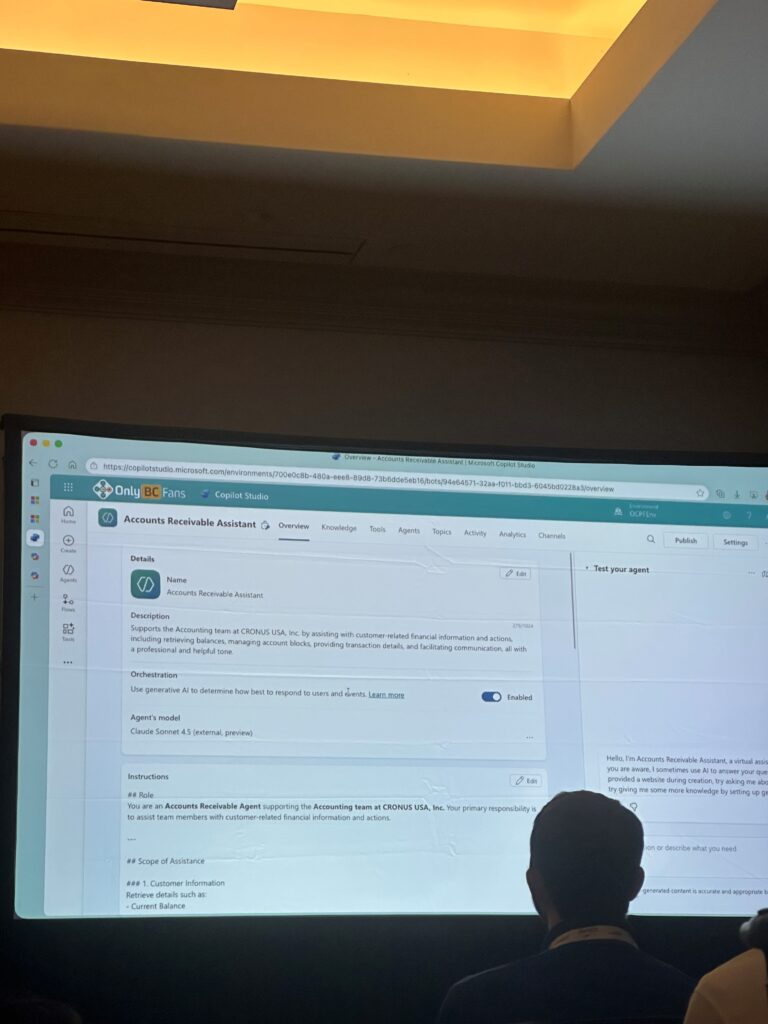
With the rapid adoption of Copilot and AI across Microsoft’s ecosystem, many users are eager to move beyond the buzz and understand what it truly takes to design, deploy, and scale intelligent agents. To demystify this process, AJ Ansari, Microsoft MVP and COO at DSWi, led an in-depth session titled “Agents Unleashed: Mastering Declarative & Custom Agents in Copilot Studio.”
Ansari guided attendees through the mechanics of Copilot Studio, exploring licensing, orchestration, security, and real-world implementation strategies. His hands-on explanations and humor made complex topics approachable, while live questions from the audience turned the talk into an engaging exchange of practical insight and best practices for enterprise AI adoption.
Key Takeaways
- Copilot Studio is Free — Consumption Isn’t: Building agents costs nothing; usage does. Charges are based on credits consumed by responses, though M365 Copilot users can deploy internal agents at no added cost. Understanding this licensing nuance is essential for smart scaling.
- Orchestration Unlocks Intelligence: Unlike fixed Power Automate flows, Copilot Studio agents can decide their next action through LLM reasoning. This dynamic orchestration allows them to blend human logic with automation, making them adaptive instead of scripted.
- The Model Context Protocol (MCP) is a Game-Changer: MCP simplifies how agents understand data relationships across Dynamics 365, Dataverse, and beyond. By reducing redundant connections, it makes enterprise AI faster to build, easier to manage, and more context-aware.

AI Agent & Copilot Summit is an AI-first event to define opportunities, impact, and outcomes with Microsoft Copilot and agents. Building on its 2025 success, the 2026 event takes place March 17-19 in San Diego. Get more details.
AI Transformation
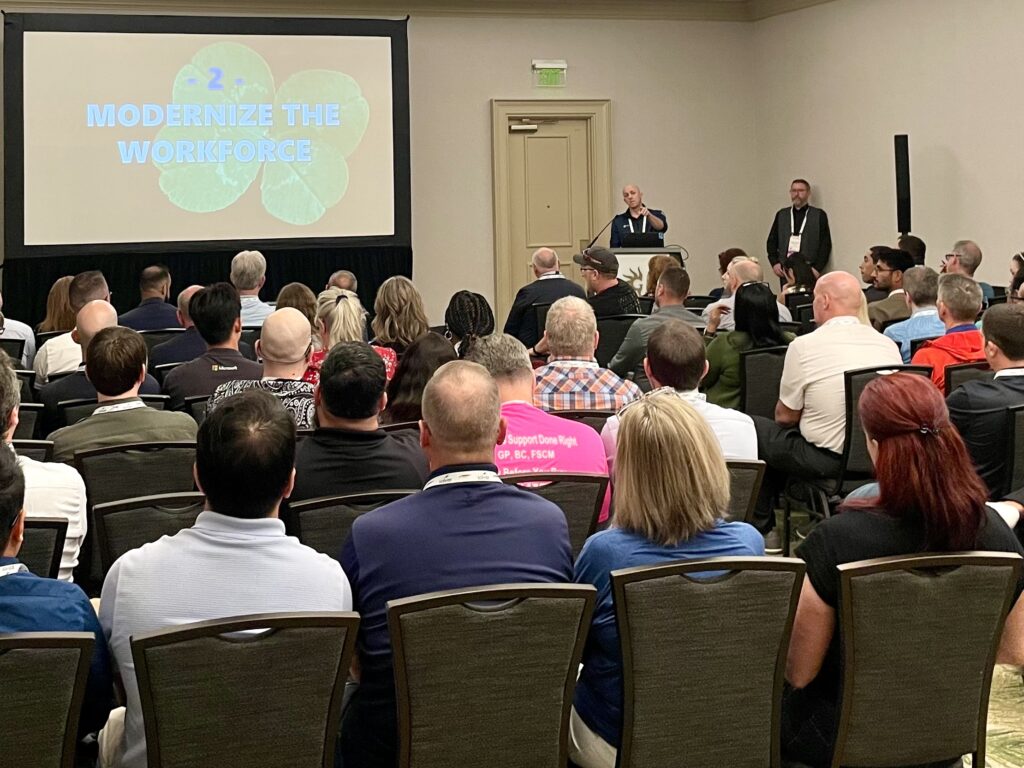
In a light-hearted yet deeply engaging session, Geoff Ables, Managing Partner and MVP at C5 Insight, along with Malcolm McAuley, Microsoft Solutions Practice Lead at C5 Insight, presented their “7 Habits for AI Transformation Success.” During this highly interactive presentation, the pair provided the audience with a seven-step plan for implementing AI transformation, starting with a vision and concluding with a center of excellence.
The seven habits range from the psychology of habit formation to the immense value driven by a transformative AI implementation efforts. Instead of choosing just the top three habits, let’s explore the three most important themes.
Key Takeaways
- More With Less: The concept of doing more with less was emphasized multiple times during the session. For instance, in discussions about technology sprawl, it was suggested to reduce the number of systems and tools during AI transformation. It is also important to avoid overspending in areas that may not be necessary, such as project management or employee onboarding. The goal is to achieve more with fewer resources, especially since Microsoft provides the AI tools to facilitate these processes.
- The First Wave: The pair highlighted important research that has been conducted around the benefits of Copilot and other AI tools, particularly emphasizing the staggering productivity gains. However, this growth comes with a warning: the initial wave of AI implementation is merely a pilot. To truly drive AI transformation, organizations must commit to training staff in accordance with their ability to adapt, harnessing “the unique pace of change,” and continuously developing their skills.
- Plan your Digital Workspace: Another significant takeaway was the concept of Digital Workspace Planning. This encourages organizations to view their digital assets in the same way they would their physical workspace. Just as in the physical realm, they should provide users with the tools and systems they need to meet their goals.
A Roadmap for AI in Microsoft Fabric
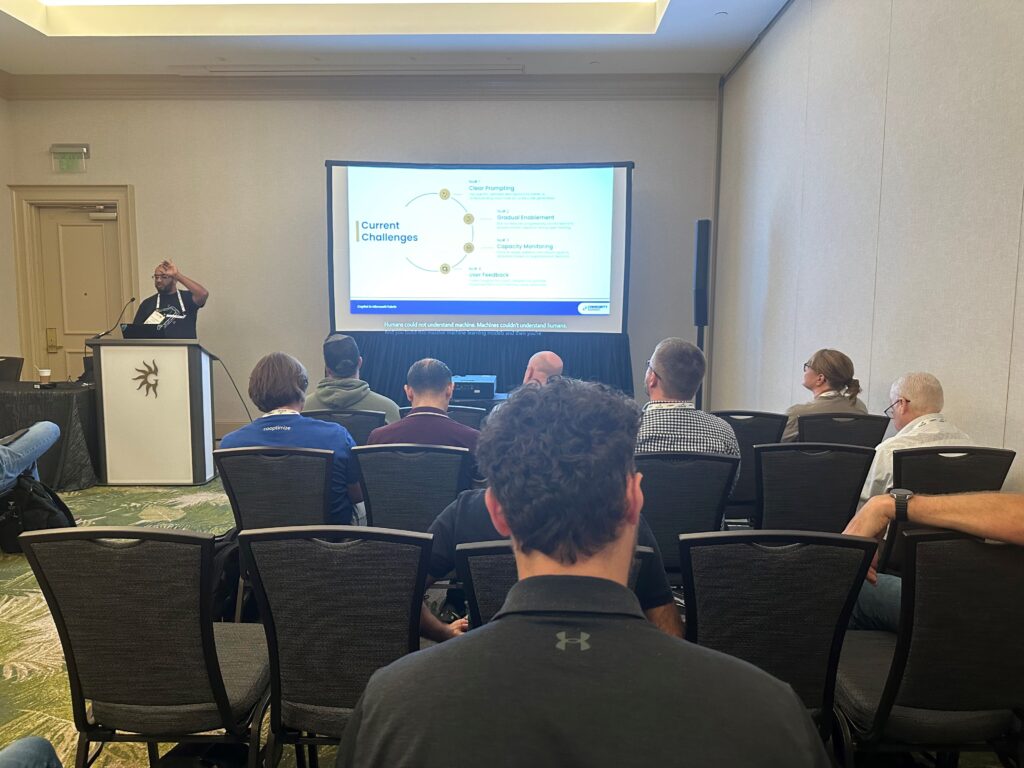
As AI and analytics converge inside Microsoft Fabric, developers are asking how to balance data governance, real-time processing, and intelligent automation. At Community Summit North America, Khaled Chowdhury, Principal, Analytics Transformation at Data Crafters, delivered a master-class session, “Copilot in Microsoft Fabric — From Data Engineering to AI Insights,” tracing Fabric’s evolution from a purely analytical platform to an integrated foundation for transactional workloads, semantic modeling, and low-code AI.
Key Takeaways
- Fabric SQL Brings OLTP into Analytics: Fabric SQL unites transactional and analytical workloads inside the Fabric ecosystem. For small and mid-size projects, it offers the scalability of Azure SQL with the manageability of a SaaS experience — letting teams build mirrored, full-scale databases with built-in security and native integration into Power BI.
- Minimize Probabilistic Chaos: Chowdhury warned that most AI projects fail when they rely too heavily on randomness. Success lies in blending deterministic tools — Power Automate, Fabric flows, and governed data models — with probabilistic reasoning from LLMs. The future, he argued, belongs to architectures that ground AI outputs in structure rather than chance.
- Data Agents + Semantic Models = Practical AI: Data Agents are Fabric’s bridge between Copilot and business intelligence. When layered over Power BI semantic models, they can interpret instructions, honor security rules, and return context-aware results. Clean metadata, column descriptions, and clear model instructions dramatically improve accuracy, turning AI into a trustworthy data partner rather than a guessing engine.
Closing Thoughts
One word to describe the broad selection of sessions we attended today is “demystification.” The aim was to transform the outstanding potential of Microsoft AI and Copilot from something users hope to achieve into something that is already happening and could easily happen for them. It was important to demonstrate, as today’s excellent speakers did, that while the range of capabilities is vast, there are clear and practical ways to make AI work for you. This was a powerful start to what promises to be a very insightful week.
Kieron Allen and Maya Rock contributed to this report.
Ask Cloud Wars AI Agent about this analysis





